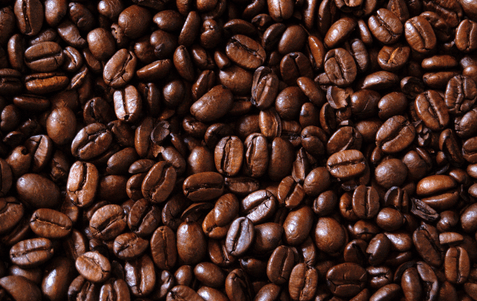What are Ghana’s chances on the global coffee market?
 Ghana appears to have a dream of becoming a coffee exporter. But that dream seems as remote as it can possibly be, considering the robust global coffee market and the unrelenting competitiveness of the market leaders.
Ghana appears to have a dream of becoming a coffee exporter. But that dream seems as remote as it can possibly be, considering the robust global coffee market and the unrelenting competitiveness of the market leaders.
According to the International Coffee Organisation (ICO), global coffee exports amounted to 10.88 million bags in May 2017, compared with 10 million in May 2016.
“Exports in the first eight months of coffee year 2016/17 (Oct/16 to May/17) have increased by 5 per cent to 81.32 million bags compared to 77.44 million bags in the same period in the last coffee year. In the 12 months ending May 2017, exports of Arabica totalled 74.49 million bags compared to 71.49 million bags last year; whereas Robusta exports amounted to 45.59 million bags compared to 43.92 million bags,” it said.
Meanwhile, available records show that Ghana’s coffee production has been on the decline and has not matched the high production achieved during the mid 1960s. The country has continuously been recording deficits in its coffee production.
Ghana however, doesn’t produce the most popular species of coffee, Arabica, the country produces, the less popular Robusta.
During his State of the Nation Address in February 2016, John Mahama, the then president, said there were plans to increase Ghana’s coffee production from the current 6,000 metric tonnes to 100,000 metric tonnes per annum in the short to medium term.
He indicated that five million improved early maturing and high yielding coffee seedlings were being raised and will be distributed freely to farmers interested in growing the crop.
There are also reports which say, the Cocoa Research Institute has developed a high-yielding variety of coffee which can start bearing fruits within two or three years after planting, with good management.
But while Ghana is still grappling with the basics of getting it right, other African countries are leading the pack – particularly Ethiopia.
Ethiopia is a leading and the largest coffee exporter in Africa. In 2015, the country sold an estimated 127,000 tonnes of coffee.
The country also earned $866 million exporting 221,000 tonnes of coffee in 2016.
Other coffee producing countries are Ivory Coast, Uganda, Kenya, Rwanda and Tanzania. Ethiopia produces 39 per cent of all coffee produced in Africa, according to estimates by the Mail & Guardian.
With the global market overtaken and dominated by traditionally strong coffee producing and exporting countries like Ethiopia, what chances does Ghana have when it comes to coffee?
By Emmanuel K. Dogbevi
Email: [email protected]
Copyright ©2017 by Creative Imaginations Publicity
All rights reserved. This article or any portion thereof may not be reproduced or used in any manner whatsoever without the express written permission of the publisher except for the use of brief quotations in reviews.
